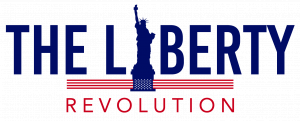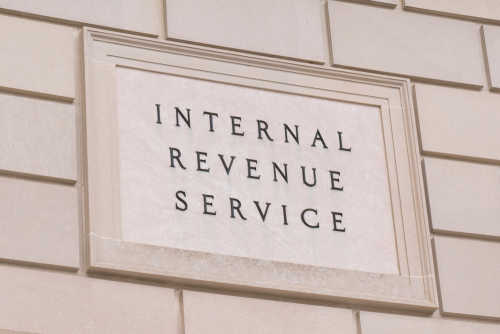(TheLibertyRevolution.com)- When the IRS intervenes and declares that taxpayers need a break, members of Congress will know they are not doing enough to protect taxpayers from undue burdens. Unfortunately, a change that went unnoticed this year and would have confused millions of taxpayers did precisely that.
Individual taxpayers are required to report income they receive from transactions between two people on third-party platforms, such as the sale of used furniture on eBay or some craft items on Etsy. Form 1099-K was created especially for this income since it wouldn’t appear on a traditional wage earner’s W-2 form.
The issue is that many of these transactions are either non-taxable (you do not owe tax when selling a used item as long as you sell it for less than you paid for it) or so small that they are akin to a lemonade stand in terms of size online. To prevent taxpayers from filing a form just to inform the IRS about a small amount of income that was probably not taxable, a threshold of 200 transactions and $20,000 in sales was in place until last year.
Legislators slipped a change to this threshold into the stimulus bill’s massive, pointless, and possibly inflationary cost-sharing bill in March 2021. The threshold was reduced from the previous 200 transactions, a $20,000 threshold that made rules regarding reporting peer-to-peer transactions of little concern to most Americans.
Suddenly, even though the proceeds from both sales would have likely not been taxable in the first place, taxpayers who resold a few concert tickets or used college textbooks were responsible for informing the IRS. Furthermore, a Form 1099-K must be created and sent to each affected taxpayer by the third-party platforms they used to sell their products.
The best case scenario for these non-taxable transactions is that the taxpayer reports them as such and is aware that they are non-taxable, making the entire process a waste of time for both the taxpayer and the IRS. However, many taxpayers who receive a Form 1099-K for the first time might logically assume that they are doing so because the income it details is taxable. In that situation, taxpayers would lose both time and money.
The fact that most Americans earn some “income” each year that the IRS doesn’t need to be aware of is also somewhat lost in discussions of the “tax gap” and “tax cheats.”
You are not required to notify the IRS if a friend pays you to watch their dogs for the weekend in exchange for a small sum. The federal government might theoretically be able to generate a little more money if it required you to keep track of those small personal payments and pay taxes on them, but most people would concur that the inconvenience it would bring is not worth it.
Peer-to-peer transactions should follow the same rule. Those who generate a sizable income from sales on third-party platforms unquestionably need to pay taxes on that income. However, the IRS doesn’t need to check out small hobby or virtual garage sale transactions.
Legislators have introduced bipartisan legislation to lower the threshold to $10,000, which is still likely to exempt most everyday activities. A deal that lawmakers had all year to reach was abandoned. Legislators must make better use of 2023 than they did in 2022 on a 1099-K fix.















